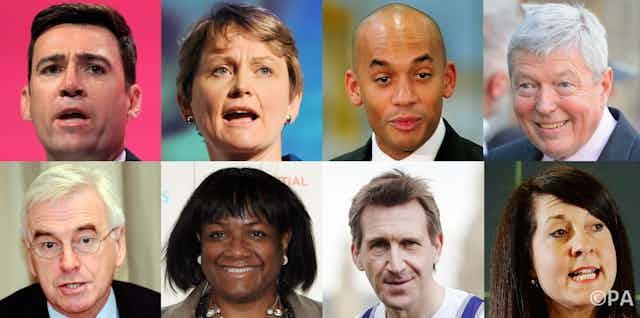In the wake of the election result comes the inevitable bloodletting in the parties who fared badly at the hands of the electorate. By lunchtime on Friday the leaders of Labour, the Liberal Democrats, and UKIP had all fallen on their swords.
The annihilation of the Liberal Democrats came as no surprise. Their demise started with the broken pledge over tuition fees. They were seen as a fairly unprincipled, power-hungry bunch who didn’t care whose 30 pieces of silver they took to get a share of government. The Liberal Democrats traditionally used to do well in by-elections, yet their candidates lost their deposits in almost every seat they contested since 2010. The writing was well and truly on the wall.
The party now faces at least a decade in the political wilderness. The SNP could learn a lesson from this. With only 35% of the Scottish vote, they too could lose seats in five years time if they fail to deliver anything of substance for Scotland.
The problem for the Liberal Democrats now is who can lead them back from the brink. All the likely leadership contenders were ousted on Thursday night. Gone are David Laws, Vince Cable, Danny Alexander, and Ed Davey. There is a choice between two experienced politicians; Tim Farron, former party president, and Norman Lamb, Nick Clegg’s former parliamentary private secretary.

For UKIP the only credible contender is Douglas Carswell, the single candidate winning a seat at Westminster. All the support gained in by-elections and in the European elections fell away in terms of seats, despite taking almost 13% of the national vote. Fate dealt them a cruel hand and it’s not surprising Nigel Farage is calling for a change to the voting system.
Who’ll keep the red flag flying?
The biggest leadership problem rests with Labour. For the last three years they have tried to court business and, at the same time, stay loyal to working people and the unions. Under Ed Miliband the “New Labour” values of Tony Blair were cast aside as the party shifted to the left of centre. Despite clear signs, Labour failed acknowledge they were not getting their message across to the electorate. The time has now come to decide what they stand for and whom they want to represent. Going forward Labour needs to find a clear sense of direction. Without that they cannot hope to rebuild a credible party
The writing was on the wall two years ago when Ed Miliband’s leadership was questioned. Instead of electing a more credible candidate to lead them into the election, the party insisted on continuing to back Ed. That was a disastrous decision and one they will regret for many years to come. At the end of the day no one would admit the party elected the wrong brother. There is something deep in the Labour psyche that puts loyalty above common sense. Ed Miliband’s limestone manifesto monument for Number 10, which later turned into a tombstone, was viewed by many as hubristic.

The party has a choice of potential candidates, but many are tainted by their unswerving pre-election allegiance to Ed Miliband. Chukka Umunna must be a prime candidate. He’s seen as a bit of a Blairite and it is questionable whether the party could make that U-turn. Yvette Cooper is ambitious – and must be a serious contender, if not the outright favourite. She is a seasoned politician who refused to be drawn on her aspirations on election night.
The shadow education secretary, Tristram Hunt – another Blairite – has a reputation for waging a class war on public schools. As the son of a peer, Baron Hunt of Chesterton, the trade unions would no doubt find him a difficult candidate to support. Andy Burnham is the pundits’ – and the bookies’ – favourite to succeed Miliband. He was a contender in the 2010 leadership election and held a number of cabinet posts in Gordon Brown’s government.
Former minister, David Lammy, has also expressed an interest in the leadership, while Alan Johnson – who served in several ministerial posts in the Blair and Brown administrations, has ruled himself out.
There are two outsiders. Ex-special forces soldier Dan Jarvis, a relative newcomer, to politics is known to harbour leadership ambitions. The question is whether his New Labour tendencies would be held against him. A long-odds contender would be Liz Kendall. Her support for private providers in the health sector might go against her with the unions, but their control over who leads Labour is much diminished. Last, but not least, let’s not discount the possibility that David Miliband could return to save the party. That would require a lot of Labour soul-searching.
The next few weeks will be as entertaining as those in the lead-up to the election. We will see infighting and machinations in all the parties, none more so than Labour. For the past five years it has had both a leadership crisis and an identity crisis. The latter must be resolved before the former can be addressed.

